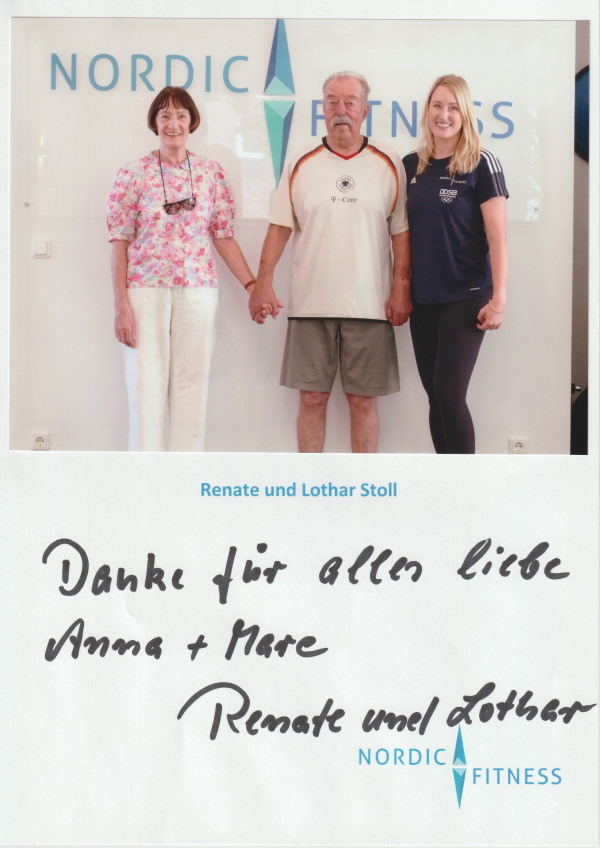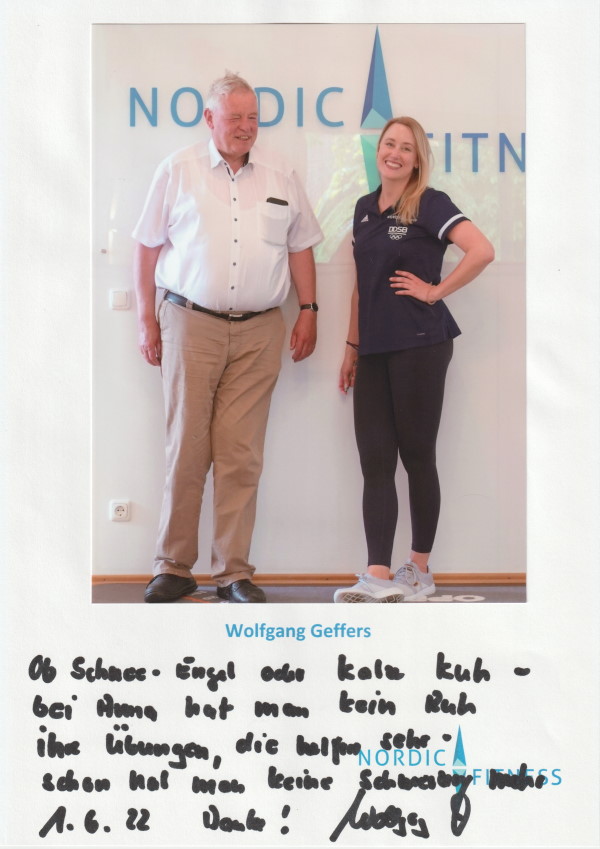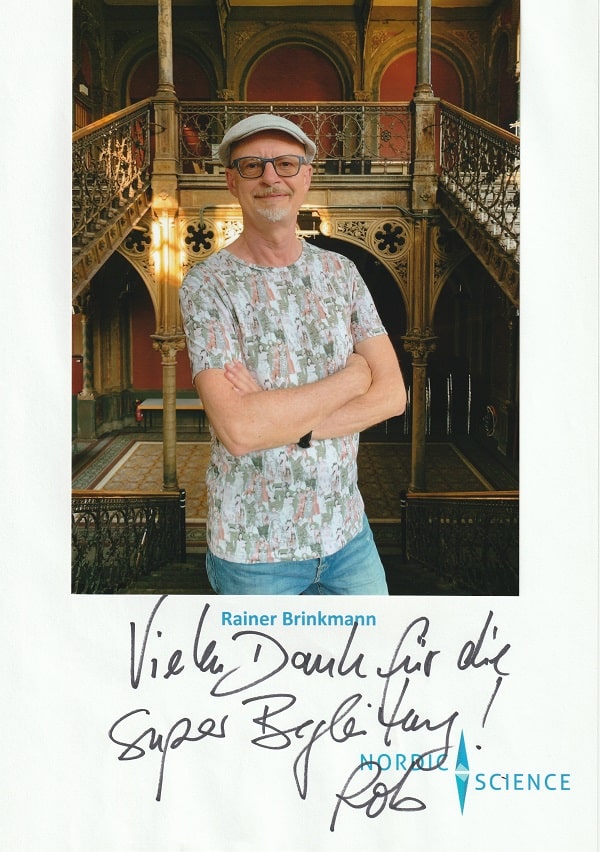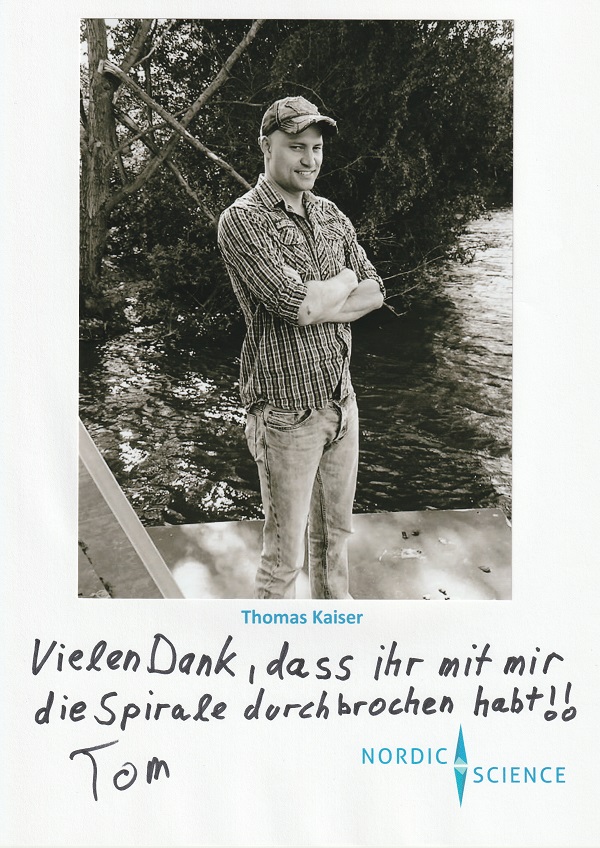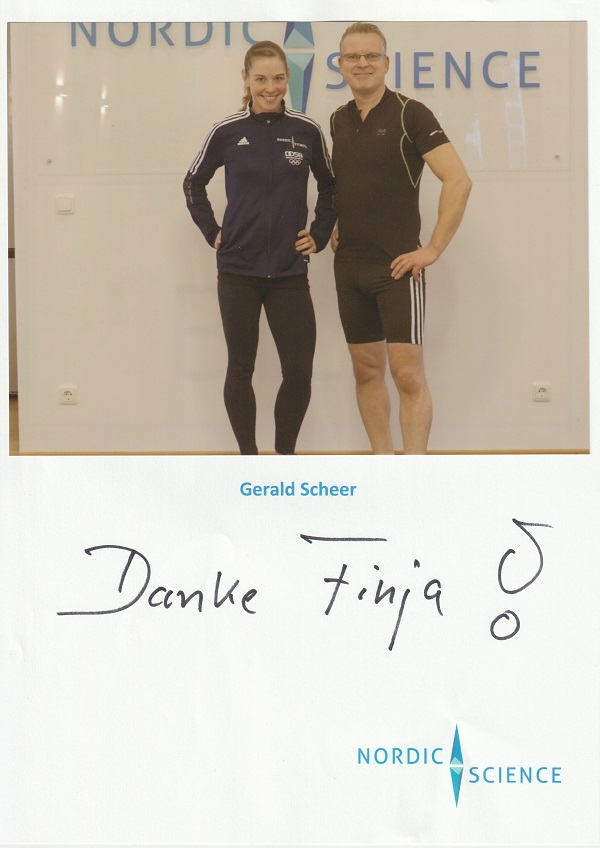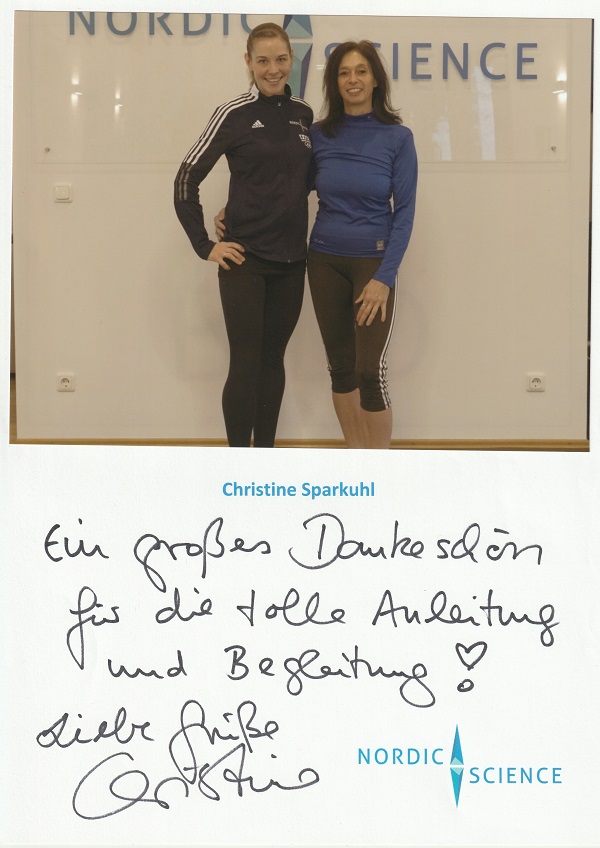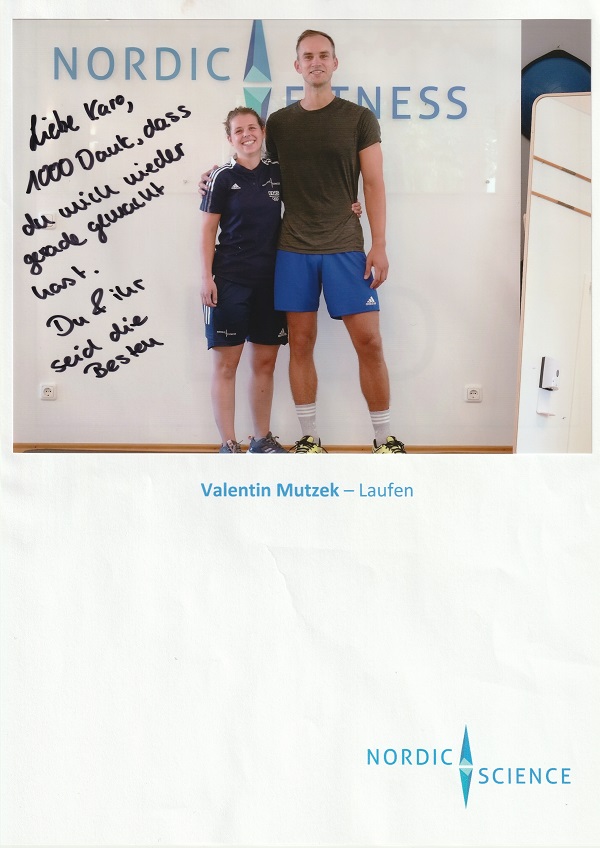Neurorehabilitation

Our interdisciplinary approach to neurorehabilitation:
Scientific, goal-oriented and human.
Our interdisciplinary team of experts allows us to take a comprehensive approach that builds upon prior clinical diagnoses and integrates innovative treatment methods. Neurorehabilitation is not considered as a therapy that is carried out alone, rather it is a collaborative approach that leads to long-term success. Self-efficacy, comprehensive understanding of the clinical picture with all the influencing factors and the motivation to bring about a change are important components of neurorehabilitation.
Disease patterns in which we specialize:
Individualized and innovative therapeutic approaches in neurorehabilitation:
Our therapeutic approach is based on the latest findings in physiotherapy combined with novel concepts in applied neuroscience. This neuro-centered view of the possibilities of neurorehabilitation is firmly rooted in the concept of Nordic Science. Our nervous system controls all bodily functions, determines how pain is perceived and how movement is executed. To share and develop this knowledge, we contribute to research into neurological and neurodegenerative diseases through our Institute of Biomechanics and Neuroscience.
Our current research projects in neurorehabilitation:
Our research partners in neuroscience

Prof. Dr. Brian Morris
School of Psychology & Neuroscience
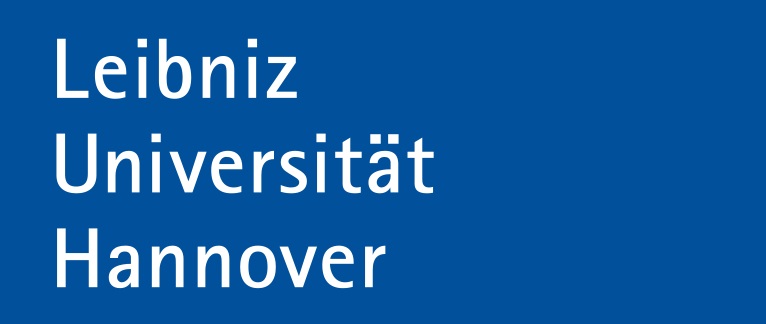
Prof. Dr. Melanie Krüger
Institute of Sport Science – Sport and Cognition

Prof. Dr. Thomas Mühlbauer
Institute for Sport and Exercise Sciences
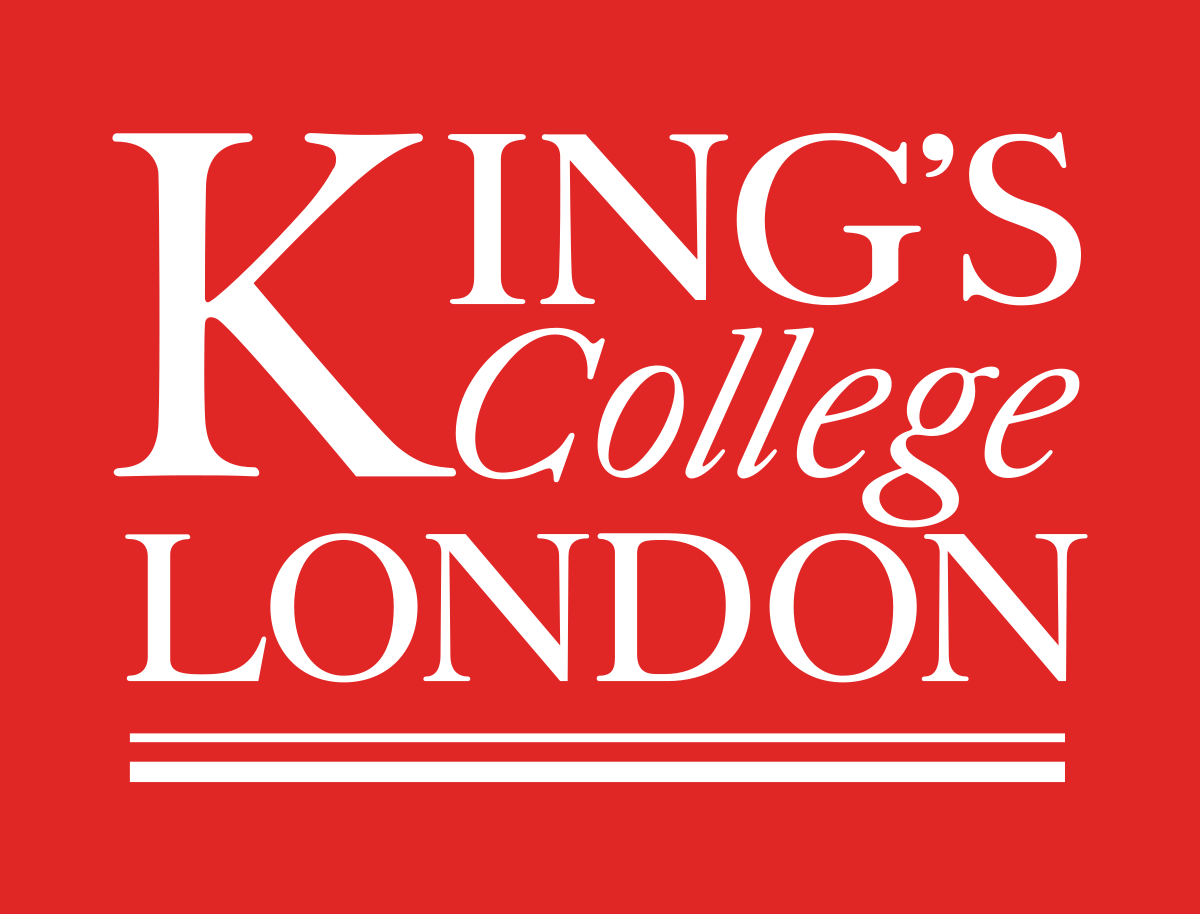
Dr. Claire Heard
Institute für Psychology, Psychiatry and Neuroscience

Prof. Dr. Robert Brophy
Division of Sports Medicine



